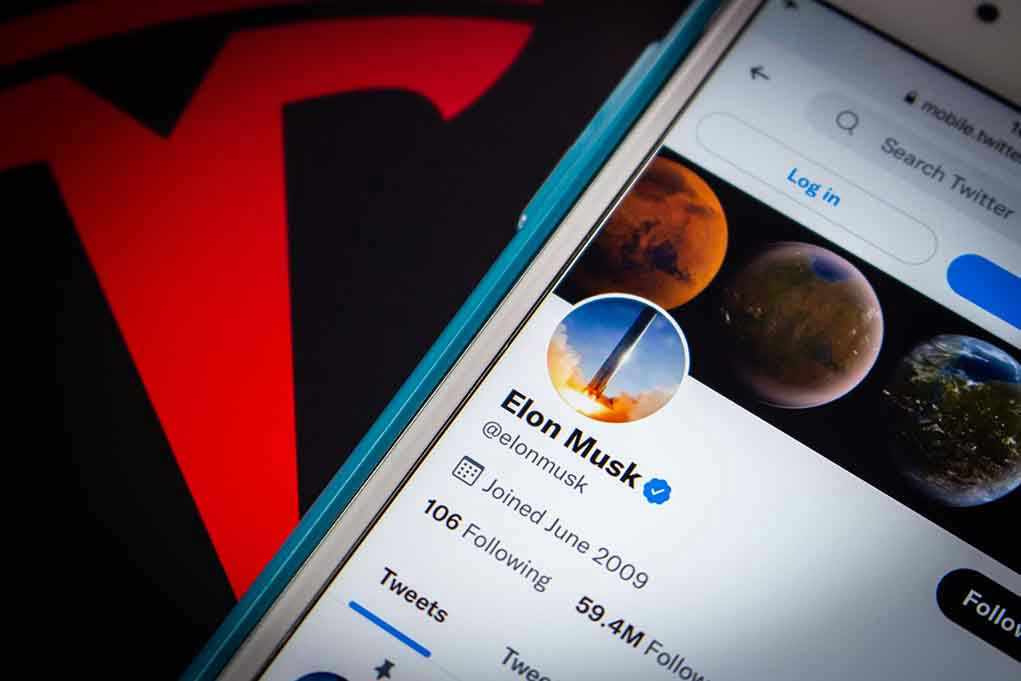
Apple’s App Store power is under fresh fire as Elon Musk alleges favoritism toward OpenAI’s ChatGPT and threatens immediate legal action—a potential showdown over whether Big Tech can quietly tip the scales in the AI race.
Story Snapshot
- Musk accuses Apple of anticompetitive App Store ranking and curation benefiting OpenAI’s ChatGPT.
- xAI vows “immediate legal action,” escalating scrutiny of Apple’s gatekeeper power.
- Reports note no public evidence yet; counterexamples suggest non-OpenAI apps have topped charts.
- Any lawsuit could expose Apple’s ranking algorithms and editorial criteria to discovery.
Musk’s Allegation and Legal Threat
Elon Musk claimed Apple makes it “impossible” for any AI app besides OpenAI’s ChatGPT to reach number one on the iOS App Store and said xAI would take “immediate legal action.” Media reports documented his posts on X and noted he tied Apple’s editorial “Must Have” placements to alleged antitrust harm, arguing X and Grok were excluded unfairly. Coverage emphasized that, as of reporting, no formal lawsuit had been filed and Apple had not commented.
Outlets tracking live rankings observed ChatGPT at or near the top of the free apps while Grok sat lower, around fifth or sixth depending on the snapshot. Reports also highlighted that Musk did not present underlying data supporting his charge. Users and reporters pointed to DeepSeek reportedly hitting number one previously, challenging the claim that Apple made non-OpenAI apps’ ascent “impossible.” These points frame a dispute over proof, timing, and how Apple’s charts work.
Why App Store Power Matters for Competition
Apple’s control over ranking algorithms and editorial featuring gives it decisive influence over which AI apps users discover. Prior cases and enforcement actions have already put Apple under antitrust scrutiny for App Store rules, anti-steering restrictions, and alleged self-preferencing. A fresh complaint focused on rankings and merchandising could force transparency into criteria that affect downloads and revenue. For developers, even slight changes in featuring can swing growth trajectories, investment, and market perception.
Regulatory and legal context provides critical backdrop. In April 2025, a U.S. judge found Apple violated a prior injunction in the Epic case and referred Apple for a criminal contempt probe, intensifying questions about its App Store conduct. In Europe, Apple has faced fines under the Digital Markets Act and other competition actions targeting gatekeeper behavior. Apple’s partnership to integrate ChatGPT for certain Siri queries further sharpened sensitivity around OpenAI’s visibility on Apple platforms.
Claims, Counterclaims, and the Evidence Gap
Musk’s core assertion hinges on the idea that Apple’s ranking signals and editorial choices systematically disadvantage rivals like Grok. Coverage underscores that he has not released evidence of biased methodology, special treatment, or discriminatory enforcement. Counterexamples—like a non-OpenAI app reportedly reaching number one—undercut an “impossible” standard. Without concrete data, the allegation remains an open question rather than a demonstrated competition law violation.
If litigation proceeds, discovery could compel Apple to disclose ranking inputs, weightings, and editorial selection processes. That could test whether placement decisions are neutral, quality-driven, or reflect preferential treatment tied to partnerships. Such discovery would intersect with ongoing U.S. and EU scrutiny, potentially fueling broader reforms on transparency, auditing, and developer remedies. For consumers, outcomes could affect AI app diversity and innovation on iOS.
What Conservatives Should Watch Next
Conservatives concerned about concentrated platform power can track three pressure points. First, whether xAI files a case that survives early motions, triggering discovery into Apple’s ranking and featuring practices. Second, whether regulators coordinate with or parallel any suit, leveraging existing findings on steering and self-preferencing into ranking transparency. Third, whether Apple voluntarily clarifies criteria to reduce legal exposure, which could open charts and features to greater competition.
This dispute is not about forcing Apple to feature any one product; it is about whether a dominant platform can quietly shape winners and losers in emerging AI markets. If the facts show biased curation or discriminatory enforcement, that would undermine open competition and user choice. If not, it still spotlights the need for clear, even-handed rules. Either way, the outcome will influence how American consumers access AI—and who controls that gateway.
Sources:
Elon Musk Threatens to Sue Apple Over Grok App Store Rankings
Musk Accuses Apple of Favoring OpenAI in App Store Rankings
Musk plans to sue Apple for not featuring Grok among top apps
Elon Musk threatens a ‘major’ lawsuit against Apple over App Store rankings











